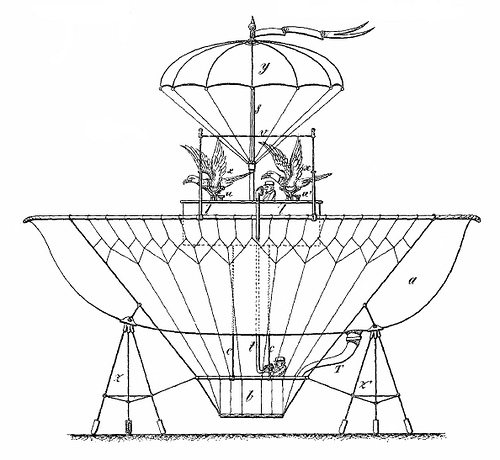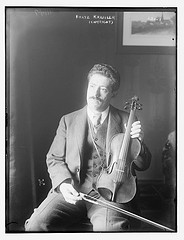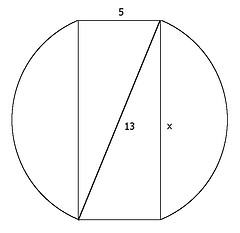You arrive in purgatory to find it’s just a typewriter on a desk. As you take your seat, you notice that the C key is glowing faintly.
A demon says, “All you have to do is type the integers, in order: ONE, TWO, and so on. The first time you strike the C key, you’ll be released into paradise.”
That doesn’t sound too bad. Assuming it takes 10 seconds on average to type each number (and that you spell each correctly, in English), how much time will pass before you first type the letter C?





